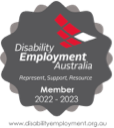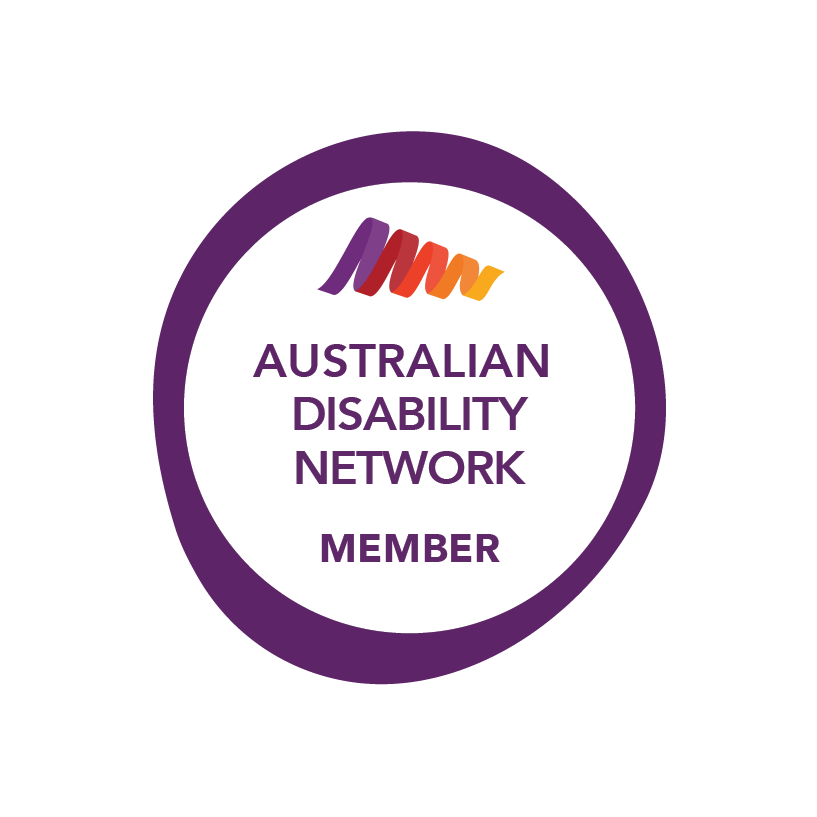What is Ageism?
Ageism, the discrimination against individuals based on their age, is a pervasive issue in many workplaces. It can manifest in various forms, from subtle biases in hiring and promotion practices to overt comments and actions that undermine the value of older workers.
Why is it Important to Understand and Address Ageism?
Addressing ageism in the workforce is important for several reasons.
- Firstly, it ensures that all employees, regardless of age, are treated with respect and fairness.
- Secondly, combating ageism can enhance the diversity and inclusivity of a workplace, leading to a richer exchange of ideas and experiences.
- Finally, addressing ageism helps tap into the valuable skills and knowledge that older workers bring, benefiting the overall productivity and success of an organisation.
How to Identify Ageism in the Workplace
Ageism Definition
Ageism refers to the discrimination, prejudice, and stereotyping against individuals based on their age. It often involves negative attitudes and beliefs that older people are less capable, adaptable, or valuable than their younger counterparts.
Examples of Ageism in a Workplace
The examples below highlight the various ways ageism can manifest in the workplace, negatively impacting the careers and well-being of older workers.
Hiring Bias
Older applicants being overlooked for positions in favour of younger candidates, despite having relevant experience and qualifications.
Promotion and Career Advancement
Older employees being passed over for promotions or professional development opportunities, with assumptions that they are less ambitious or capable of handling new challenges.
Stereotyping
Colleagues or managers making comments or jokes that reinforce negative stereotypes about older workers, such as being slow to learn new technology or resistant to change.
Exclusion from Projects
Older employees being excluded from key projects or decision-making processes, based on the assumption that they are not up-to-date with current trends or methods.
Forced Retirement
Encouraging or pressuring older employees to retire early, even if they are still willing and able to contribute effectively to the organisation.
How to Overcome Ageism in the Workplace
By implementing these strategies to overcome ageism, both employees and employers can work together to overcome it in the workforce, creating a more inclusive and productive environment for everyone.
How to Overcome Ageism as an Employee
Self-Advocacy and Confidence Building:
- Speak Up: Don’t hesitate to address ageist comments or actions. Politely but firmly assert your value and capabilities.
- Showcase Achievements: Regularly update your resume and social profiles, like LinkedIn, with your latest accomplishments and skills to demonstrate your ongoing relevance.
- Positive Mindset: Maintain a positive attitude and confidence in your abilities, which can help combat stereotypes and build respect among colleagues.
Continuing Education and Skills Development:
- Stay Updated: Enrol in courses, workshops, or online training to keep your skills current, especially in technology and industry-specific advancements. Places like TAFE and RTOs can occasionally offer free courses to help.
- Certifications: Obtain certifications in emerging areas relevant to your field to enhance your employability and demonstrate your commitment to lifelong learning.
Networking and Mentorship:
- Expand Your Network: Join professional organisations, attend industry events, and participate in online forums to build connections and stay informed about new opportunities.
- Seek Mentorship: Both mentor younger colleagues and seek mentors for yourself. This can create a reciprocal relationship of learning and support, benefiting all parties involved.
How to Overcome Ageism for Employers
Implementing Inclusive Hiring Practices:
- Blind Recruitment: Use blind recruitment processes where age-related information is omitted from applications to focus on skills and experience.
- Diverse Interview Panels: Ensure that interview panels are diverse in age, which can help reduce unconscious bias during the hiring process.
Promoting a Diverse Workplace Culture:
- Inclusive Policies: Develop and enforce policies that promote age diversity and discourage discrimination. This includes clear reporting mechanisms for ageism.
- Celebrate Diversity: Regularly highlight the contributions of employees of all ages through newsletters, meetings, and internal communications.
Providing Training on Unconscious Bias:
- Regular Workshops: Offer training sessions to help employees and management recognise and address their unconscious biases, fostering a more inclusive environment.
- Ongoing Education: Make bias training an ongoing part of professional development, rather than a one-time event, to continually reinforce the importance of inclusivity.
Legal Protections Against Ageism
By being aware of legal protections and resources, individuals can take proactive steps to combat ageism and ensure fair treatment in the workplace.
Overview of Anti-Discrimination Laws in Australia
Age discrimination is prohibited under several laws in Australia. Each is designed to protect individuals from unfair treatment based on their age. The key legislation includes:
- Age Discrimination Act 2004: This Act makes it unlawful to discriminate against a person based on their age in various areas, including employment, education, and the provision of goods and services.
- Fair Work Act 2009: This Act includes provisions that protect employees from unfair dismissal and adverse actions due to their age.
- State and Territory Anti-Discrimination Laws: Each state and territory has its own anti-discrimination laws that complement federal legislation, providing further protection against age discrimination.
Resources for Reporting and Addressing Ageism
If you experience ageism in the workplace, there are several resources and avenues available for reporting and addressing it:
- Australian Human Rights Commission (AHRC): The AHRC handles complaints related to age discrimination under the Age Discrimination Act 2004. You can file a complaint through their website or seek advice on how to proceed.
- Fair Work Commission (FWC): The FWC deals with issues related to unfair dismissal and general protections under the Fair Work Act 2009. They provide resources and support for filing complaints and understanding your rights.
- State and Territory Anti-Discrimination Agencies: Each state and territory has its own agency that deals with discrimination complaints. These agencies can provide assistance and support for addressing ageism in the workplace.
- Employee Assistance Programs (EAP): Many employers offer EAPs that provide confidential counselling and support services for employees facing discrimination or other workplace issues.
- Legal Advice: Seeking legal advice from a lawyer who specialises in employment law can help you understand your rights and the best course of action for your situation.
- Unions and Advocacy Groups: Joining a union or contacting advocacy groups that support older workers can provide additional resources and support for addressing ageism.
Moving Forward Against Ageism
Ageism in the workforce is an issue that affects many Australians, manifesting in hiring biases, stereotypes, and exclusion from opportunities. Understanding ageism and its impacts is the first step towards combating it.
Both employees and employers have roles to play in overcoming ageism through self-advocacy, continuous learning, and inclusive practices. And to enforce efforts, legal protections exist to safeguard against age discrimination, and various resources are available to support those affected.
Challenge Ageism and Promote Inclusivity in the Workforce
Addressing ageism is crucial for creating a fair and inclusive work environment where everyone can thrive. By challenging ageist attitudes and promoting diversity, we can ensure that valuable skills and experiences are recognised and utilised, benefiting individuals and organisations alike.
We encourage you to share your experiences with ageism and support initiatives aimed at combating it. Your voice can help raise awareness and drive change.
















